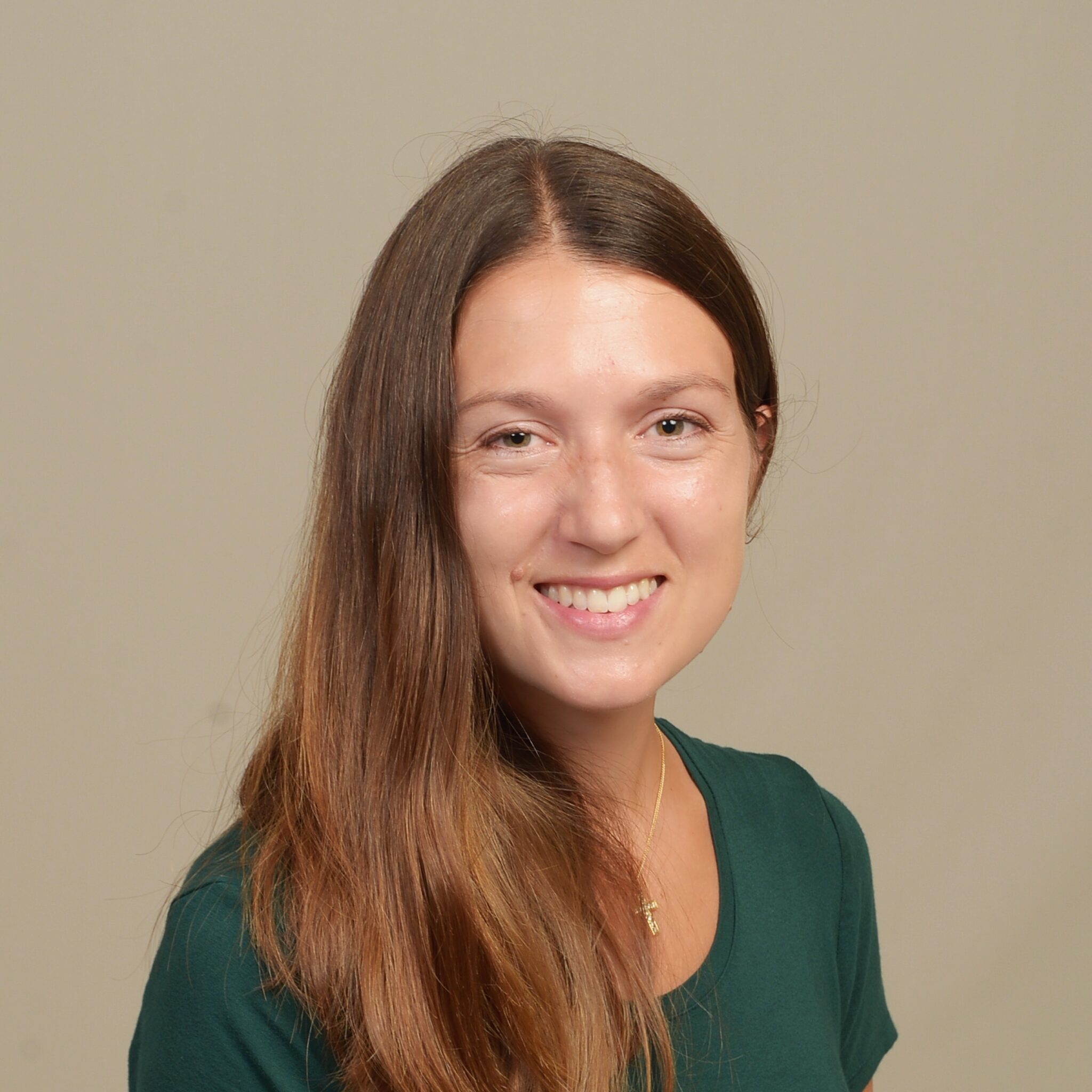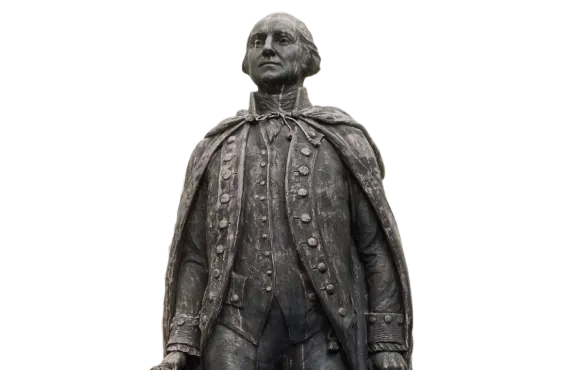
Carola Binder
Associate Professor

THE SCHOOL OF CIVIC LEADERSHIP
UT Austin’s School of Civic Leadership is a new school that prepares a rising generation to advance human flourishing in our state and nation.
The School of Civic Leadership is home to a community of scholars and students who draw on ancient questions—What is justice? What is liberty? What is true?—to prepare for lives of significance and for successful careers. We wrestle with the great ideas of the Western tradition to prepare ourselves for the opportunities and challenges of our moment. We study the best achievements and greatest difficulties of the American tradition in order to understand what it takes to preserve the blessings of liberty for ourselves and for others.
Students in the SCL encounter the distinct inheritance of Western civilization and the American constitutional tradition as part of a larger quest for wisdom about how to live and how to lead.
Public universities owe to citizens an education that enables them to sustain democracy. The UT Austin motto says that “Education is the guardian genius of democracy.” The School of Civic Leadership provides students with knowledge of America’s political philosophy, economic system, and civic institutions. Building on the University’s tradition of civic education, we prepare students to draw on the wisdom of the past to meet the challenges of the present.
Civic education is a central aspect of liberal education. From the Latin root liber, meaning free, a liberal education is an education in and for freedom. Such a Socratic, liberating education is indispensable for citizens, who are responsible for the future of American life. It rests on open inquiry, reasoned debate, civil discussion, and freedom of thought and speech. The School of Civic Leadership advances this vision by offering a civic education that makes one free to form and exercise reasoned judgment and engage with others to improve our world.

Our world-class faculty are passionate about research and teaching. Their areas of expertise includes philosophy, economics, government, history, law, and more.

